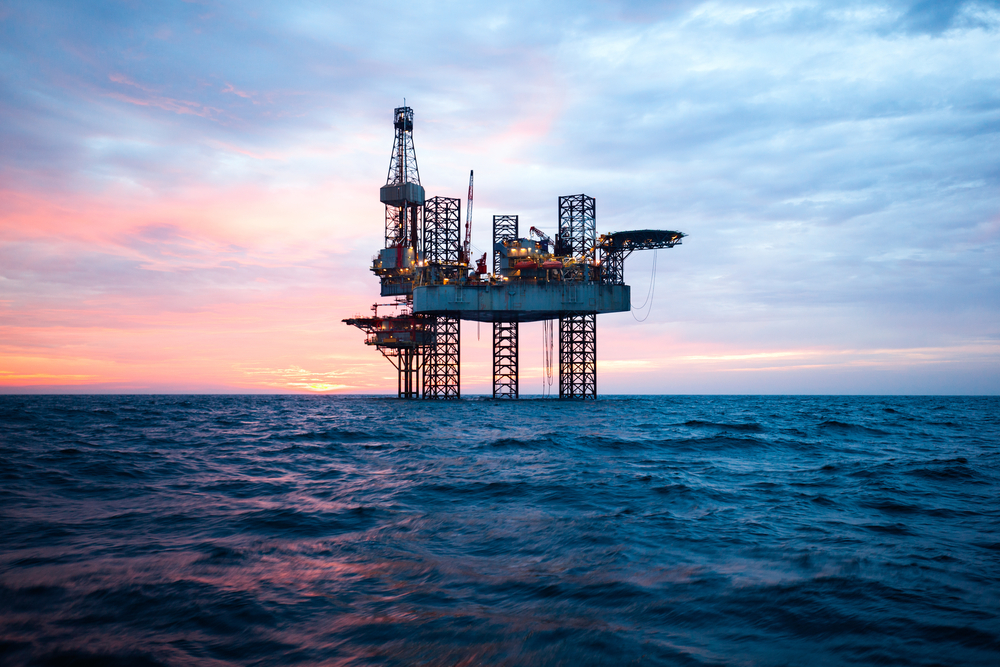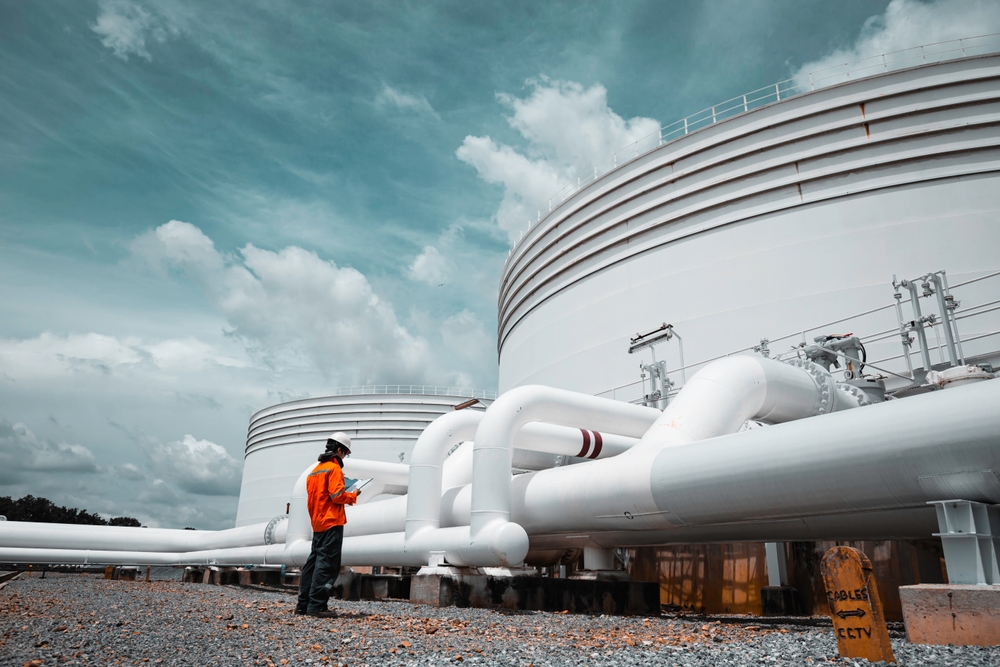

This course is aimed at non-specialists who wish to learn the fundamental principles of reservoir engineering, including reservoir characteristics, flow of fluids, and the production process. Participants will acquire a rudimentary knowledge of reservoir management, methods of hydrocarbon recovery enhancement, and means of monitoring and improving reservoir management processes.
| City | Start Date | End Date | Fees | Register | Enquire | Download |
|---|---|---|---|---|---|---|
| Kuala Lumpur | 23-06-2025 | 27-06-2025 | 4950 $ | Register | Enquire | |
| Madrid | 30-06-2025 | 04-07-2025 | 6200 $ | Register | Enquire | |
| Paris | 07-07-2025 | 11-07-2025 | 6200 $ | Register | Enquire | |
| Kuala Lumpur | 14-07-2025 | 18-07-2025 | 4950 $ | Register | Enquire | |
| Amsterdam | 28-07-2025 | 01-08-2025 | 6200 $ | Register | Enquire | |
| Cairo | 04-08-2025 | 08-08-2025 | 3950 $ | Register | Enquire | |
| Manama | 11-08-2025 | 15-08-2025 | 4400 $ | Register | Enquire | |
| Madrid | 18-08-2025 | 22-08-2025 | 6200 $ | Register | Enquire | |
| Casablanca | 25-08-2025 | 29-08-2025 | 4950 $ | Register | Enquire | |
| Zurich | 01-09-2025 | 05-09-2025 | 5600 $ | Register | Enquire | |
| Jakarta | 08-09-2025 | 12-09-2025 | 4950 $ | Register | Enquire | |
| Manama | 22-09-2025 | 26-09-2025 | 4400 $ | Register | Enquire | |
| London | 29-09-2025 | 03-10-2025 | 6200 $ | Register | Enquire | |
| Dubai | 06-10-2025 | 10-10-2025 | 4300 $ | Register | Enquire | |
| Cairo | 13-10-2025 | 17-10-2025 | 3950 $ | Register | Enquire | |
| Amsterdam | 20-10-2025 | 24-10-2025 | 6200 $ | Register | Enquire | |
| Madrid | 27-10-2025 | 31-10-2025 | 6200 $ | Register | Enquire | |
| London | 03-11-2025 | 07-11-2025 | 6200 $ | Register | Enquire | |
| Barcelona | 10-11-2025 | 14-11-2025 | 6200 $ | Register | Enquire | |
| Amsterdam | 17-11-2025 | 21-11-2025 | 6200 $ | Register | Enquire | |
| Dubai | 24-11-2025 | 28-11-2025 | 4300 $ | Register | Enquire | |
| Vienna | 01-12-2025 | 05-12-2025 | 6200 $ | Register | Enquire | |
| Cairo | 08-12-2025 | 12-12-2025 | 3950 $ | Register | Enquire | |
| Dubai | 15-12-2025 | 19-12-2025 | 4300 $ | Register | Enquire | |
| Madrid | 22-12-2025 | 26-12-2025 | 6200 $ | Register | Enquire |
Reservoir Engineering is a discipline that encompasses principles of science and technology, as well as an understanding of hydrocarbon reservoir behavior. It is essential for assessing oil and gas reserves and for formulating improved recovery practices.
Detailed analysis of reservoir data, comprehension of reservoir responses to various conditions, and the implementation of best practices for surface management are critical. Without these, billions of barrels of recoverable oil and gas may remain untapped. Therefore, mastering reservoir engineering is vital for enhancing hydrocarbon resource recovery.
This course is designed for non-engineers and provides a fundamental understanding of hydrocarbon behavior in reservoirs and the recovery processes. It introduces participants to practical aspects of reservoir engineering and presents existing techniques used in the industry to solve reservoir challenges and enhance resource recovery.
Upon completing this reservoir engineering course, participants will be able to:
Unit 1: Inception of Exploration and Drilling
Unit 2: Reservoir and Types of Reservoirs
Unit 3: Reservoir Testing and Reserves Calculation
Unit 4: Reservoir Performance
Unit 5: Introduction to Reservoir Management

.jpg)

.jpg)
.jpg)














